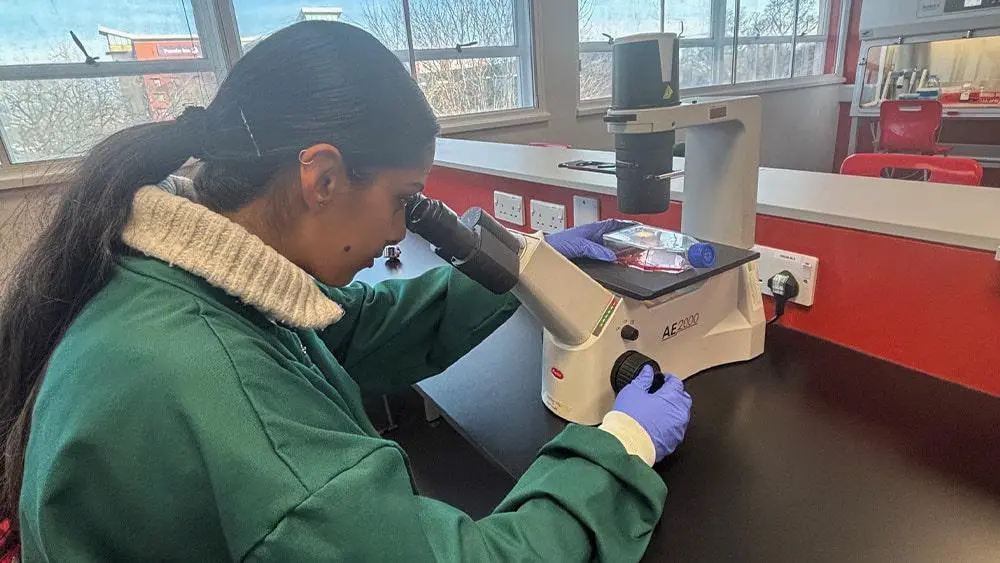
Biomedical science gets £1m boost at Solent
A new biomedical science laboratory has opened at East Park Terrace.
27 February 2025
1 July 2024
What does the NHS need to take care of an aging, growing population? From skilled workers to an increased emphasis on care in the community – whether it’s social prescribing or physiotherapy – the Long Term Plan outlines steps needed to protect our healthcare system and keep our communities well.
It’s an ambitious plan, and one that requires cross-sector working if we want to attract the people needed to boost our NHS. And that’s where universities come in: at Solent University, we’re collaborating with regional healthcare providers to tailor our offering and contribute effectively to that core foundation of the plan: train, retain and recruit.
Universities are in a unique position – we have expert staff ready to train the next generation of healthcare workers; we boast the latest facilities to ensure students have the most sought-after skills; and we’re hubs for research that impact the way we approach health and wellbeing.
As debate around the value of higher education continues, this is an opportune moment to showcase the vital role of universities in recruiting and training much-needed nurses and skilled workers to safeguard our NHS. In this way, you don’t need to go to university to feel the impact of one.
When it comes to healthcare where you live, you’ll feel that impact every time you’re utilising a service. How? In the last academic year alone, we’ve partnered up to undertake research into health inequalities within our local communities; we’ve added 121 registered nurses to the NMC Register; and we’ve invested in facilities that will double our capacity for teaching in this area.
But no plan is achievable on its own. So, at Solent, we’re proactively engaging our regional healthcare providers through the NHS Workforce Development Network; a forum for collaboration and knowledge exchange. It’s a network that informs our approach to delivering what the healthcare economy needs, and one that allows us the space to showcase not just how higher education is delivering nurses and skilled workers, but why continued investment in health education is so important.
In just one example of why cross-sector partnership working matters, this summer, our first cohort of mental health student nurses are graduating from a course that was introduced in direct response to the changing needs of communities. Now, more nurses with a specific, much-needed set of skills will begin careers at NHS and healthcare providers and boost mental health services.
The appetite for nursing courses is growing; since 2012 we’ve gone from 18 students in this area to more than 600. To meet demand, we opened our Human Health Lab in January 2024 – a state-of-the-art teaching facility that replicates real-world healthcare settings and prepares students for the future. It’s investment like this that puts universities in an advantageous position, enabling us to deliver on recruiting and training exceptional staff for the NHS.
Through our Network we know that the expertise, experiences and perspectives of those working directly in healthcare are what will steer us correctly, and we welcome new members to this forum who want to work collaboratively to keep our NHS thriving.
So, where do we go from here? If there was a rallying call from HE providers it would be this: talk to us, tell us what you need, and we will respond.
- Jan Parker, Head of Social Sciences and Nursing at Solent University, Southampton
